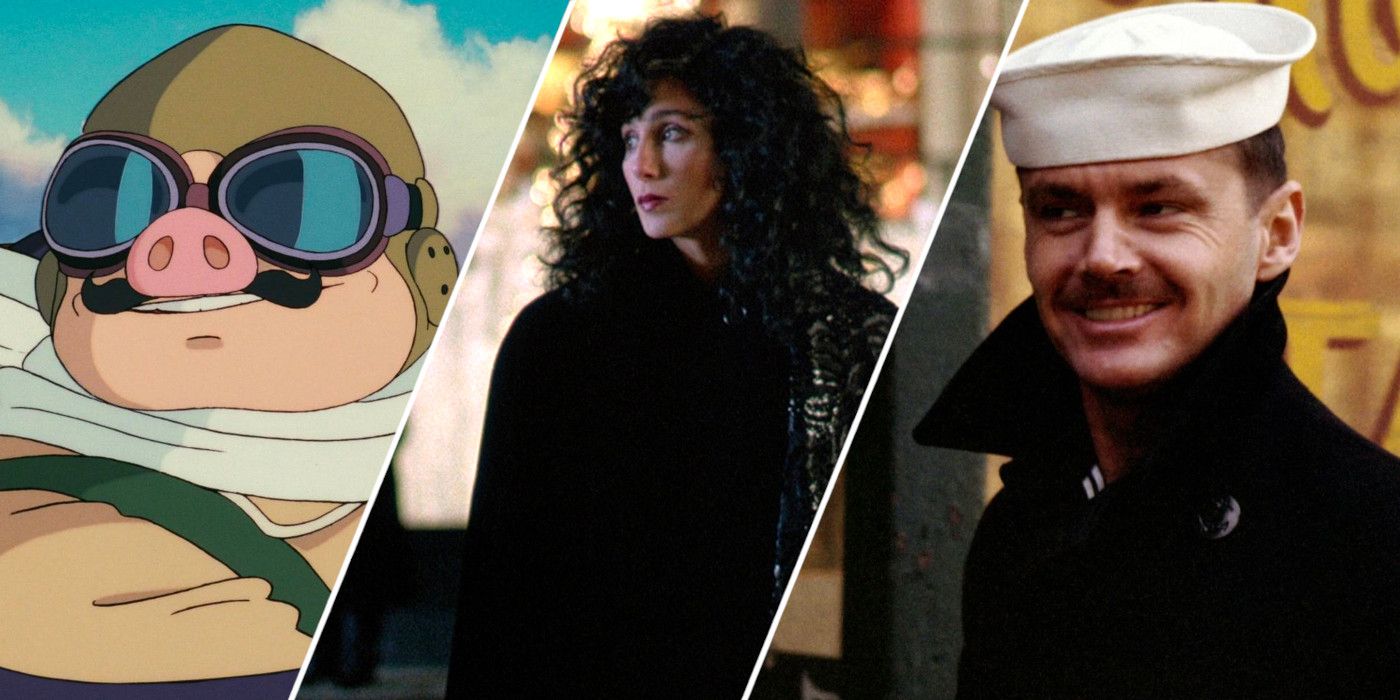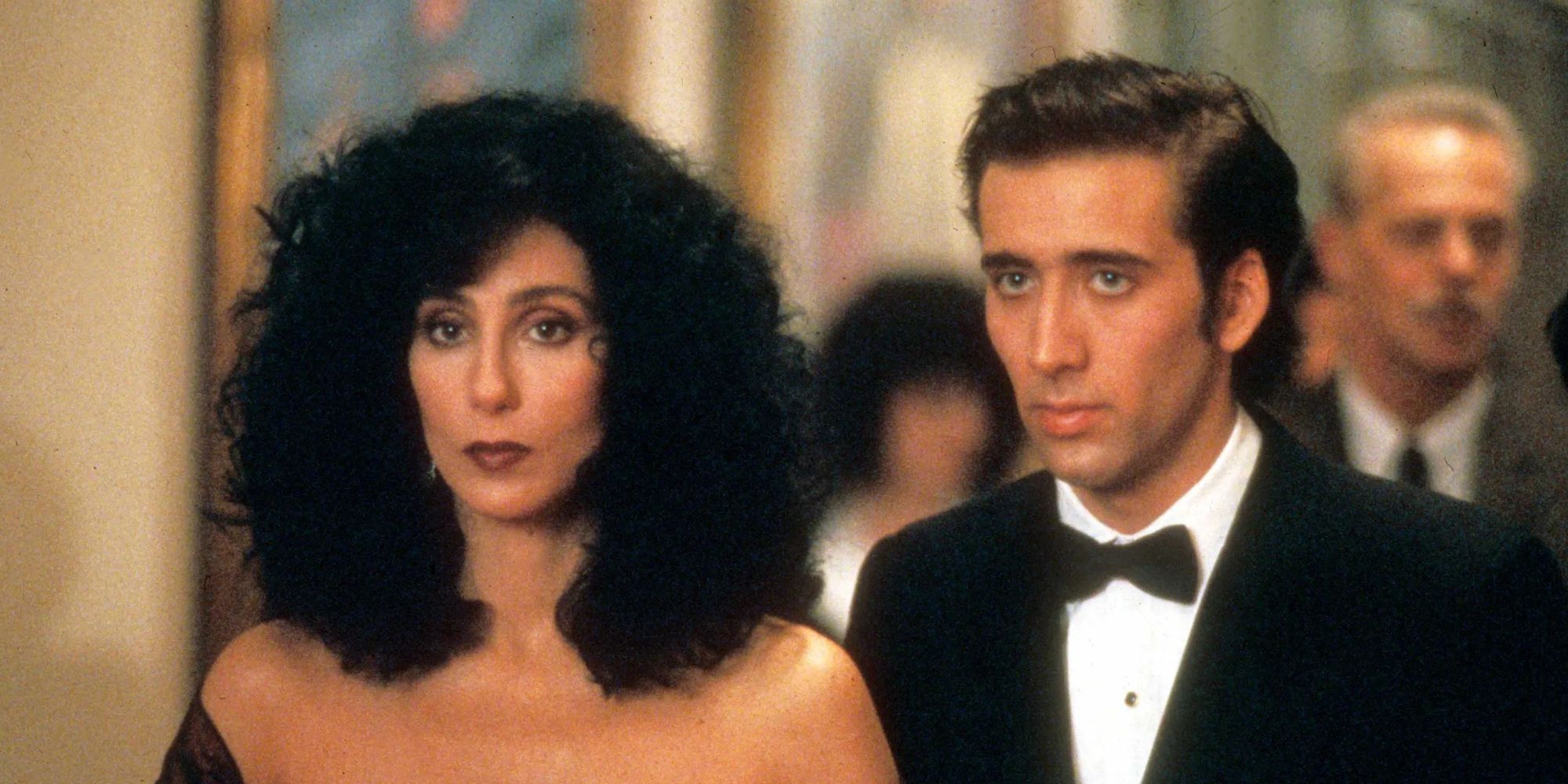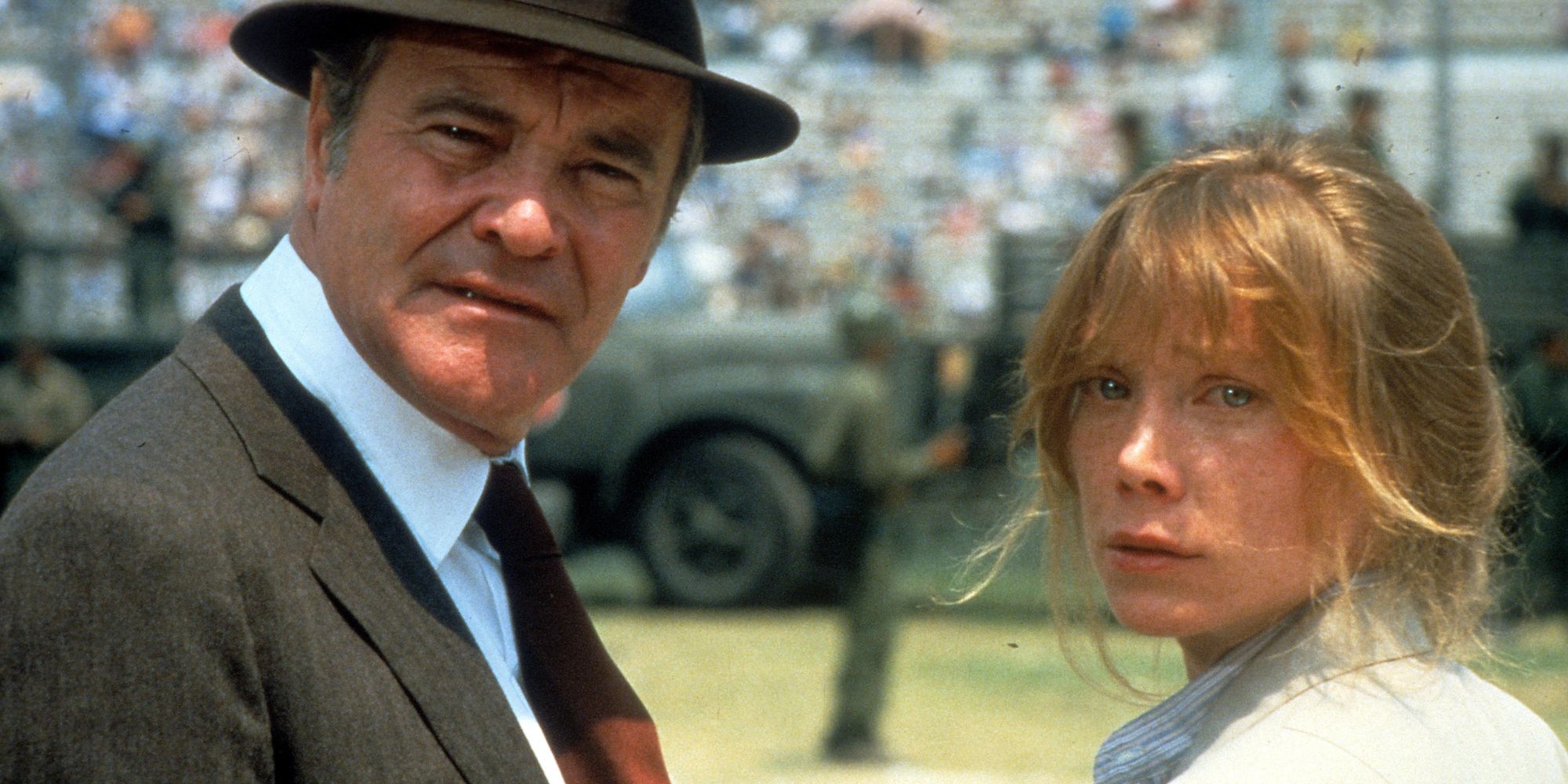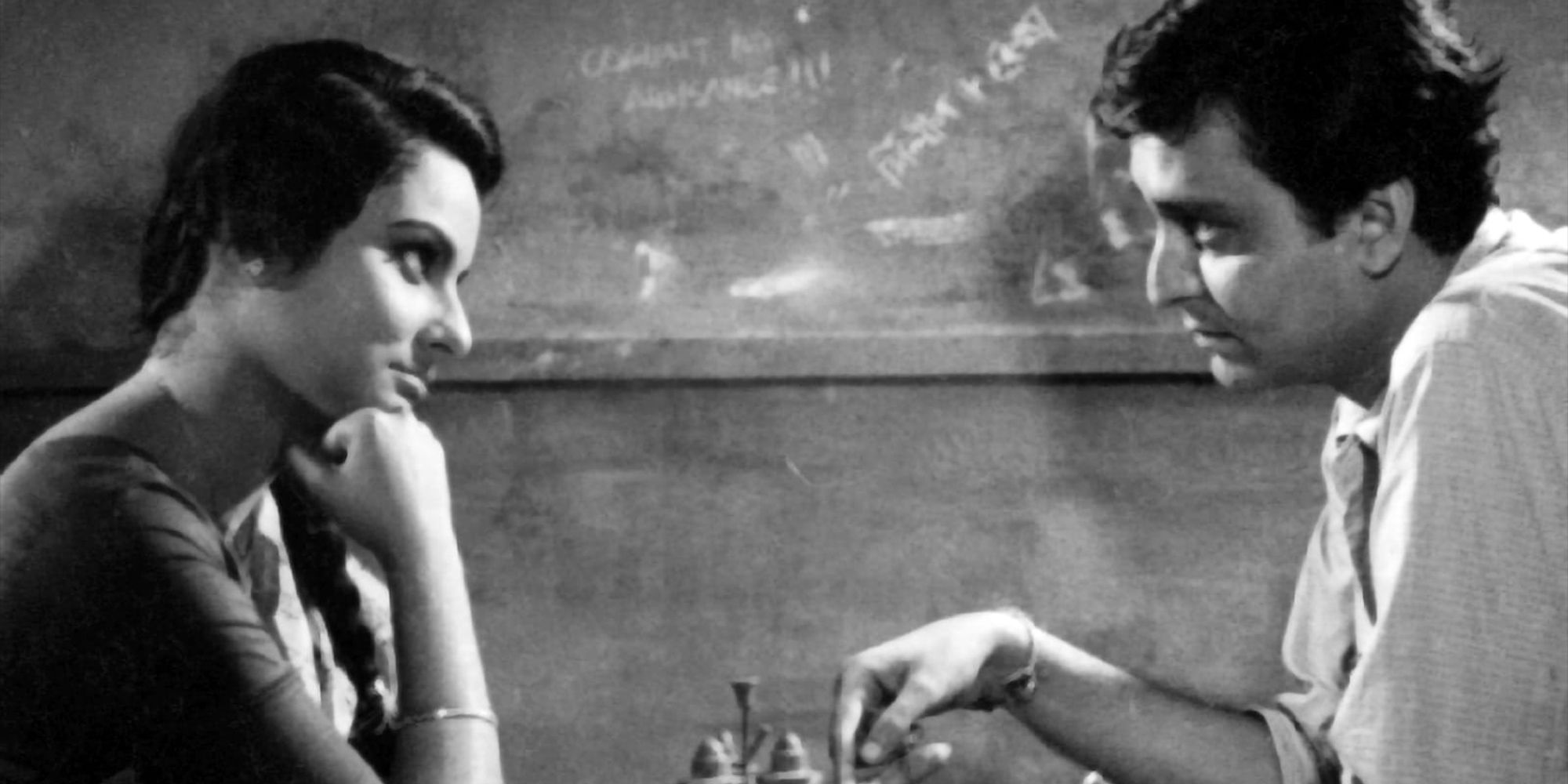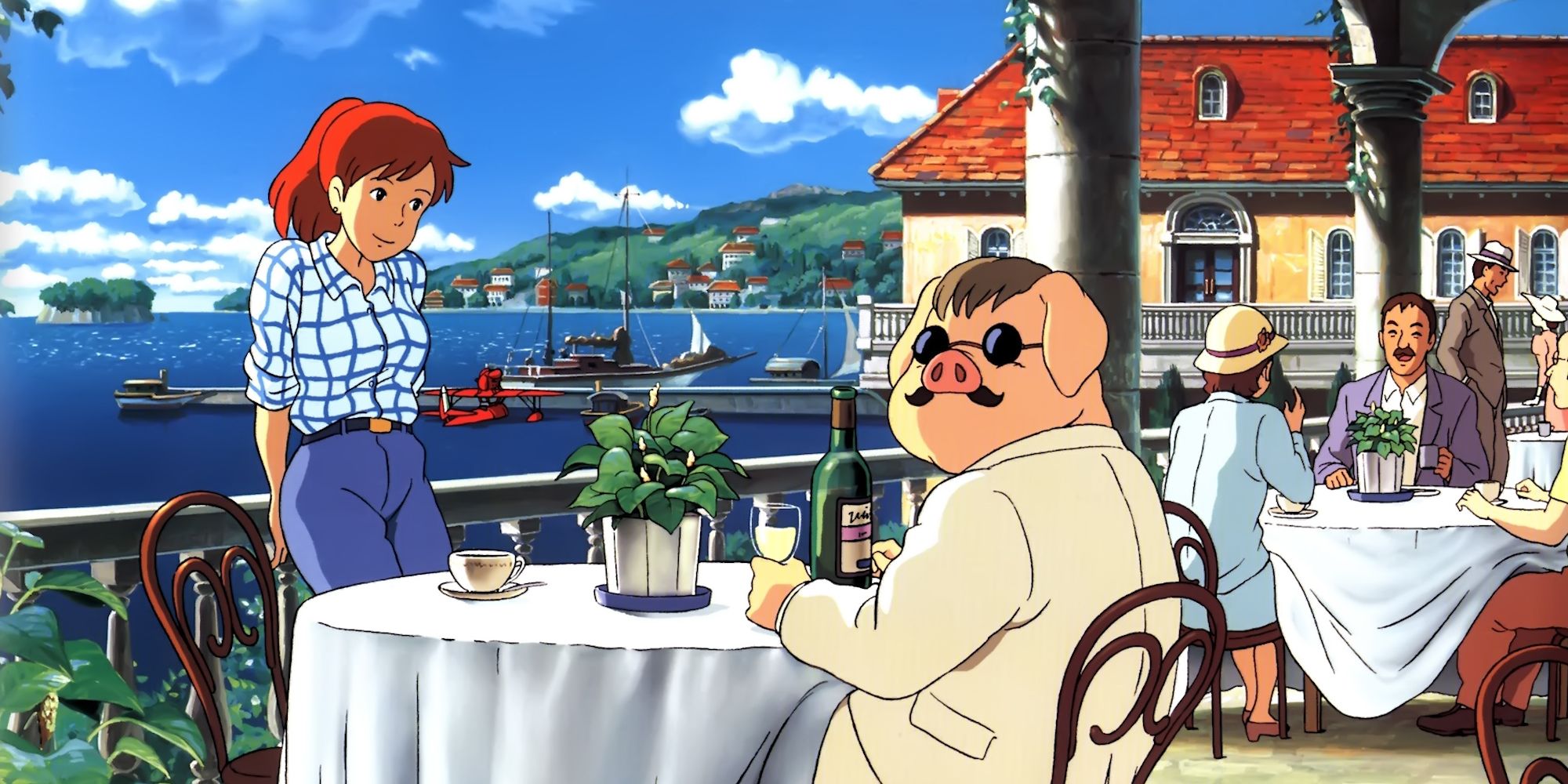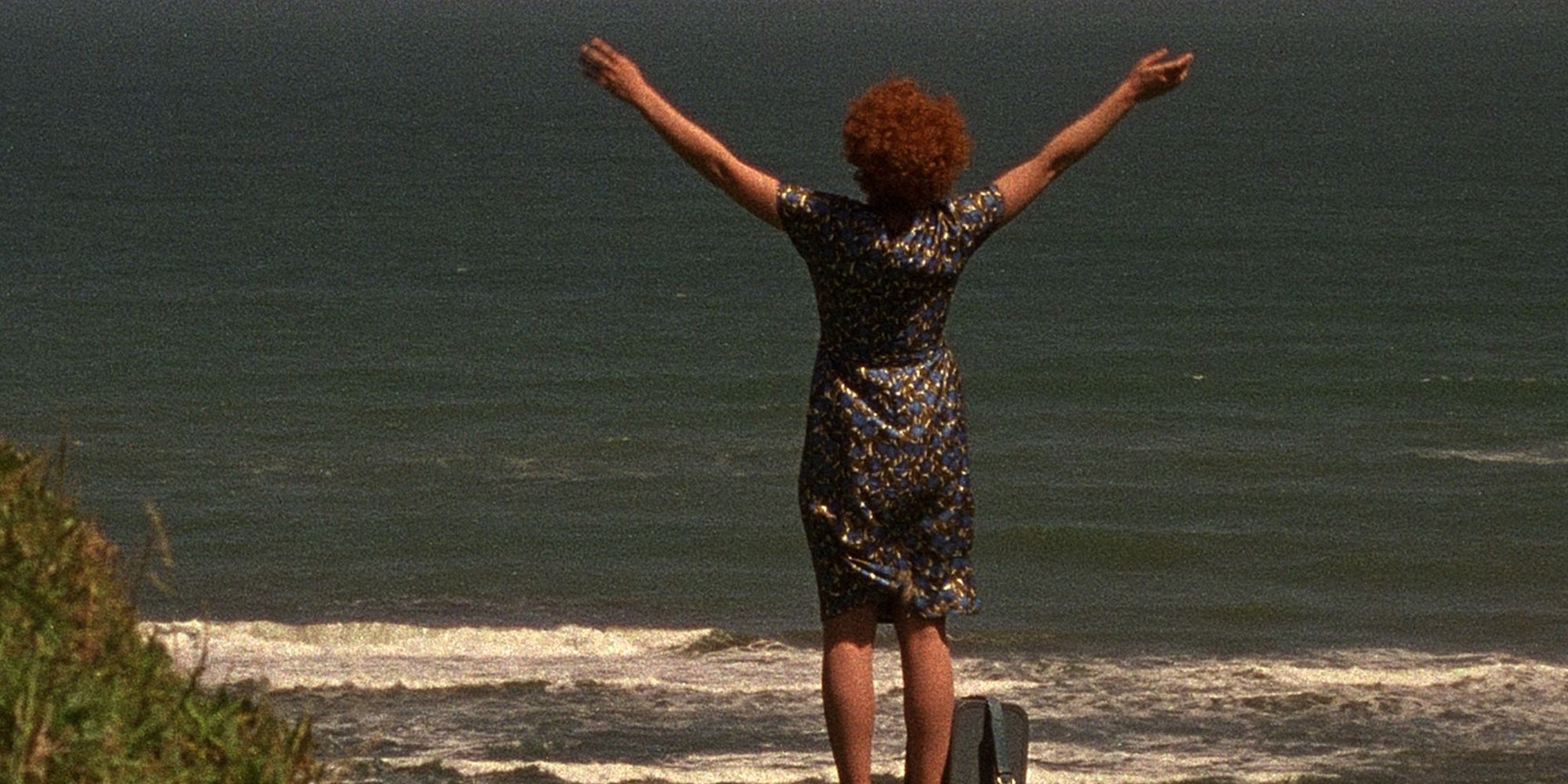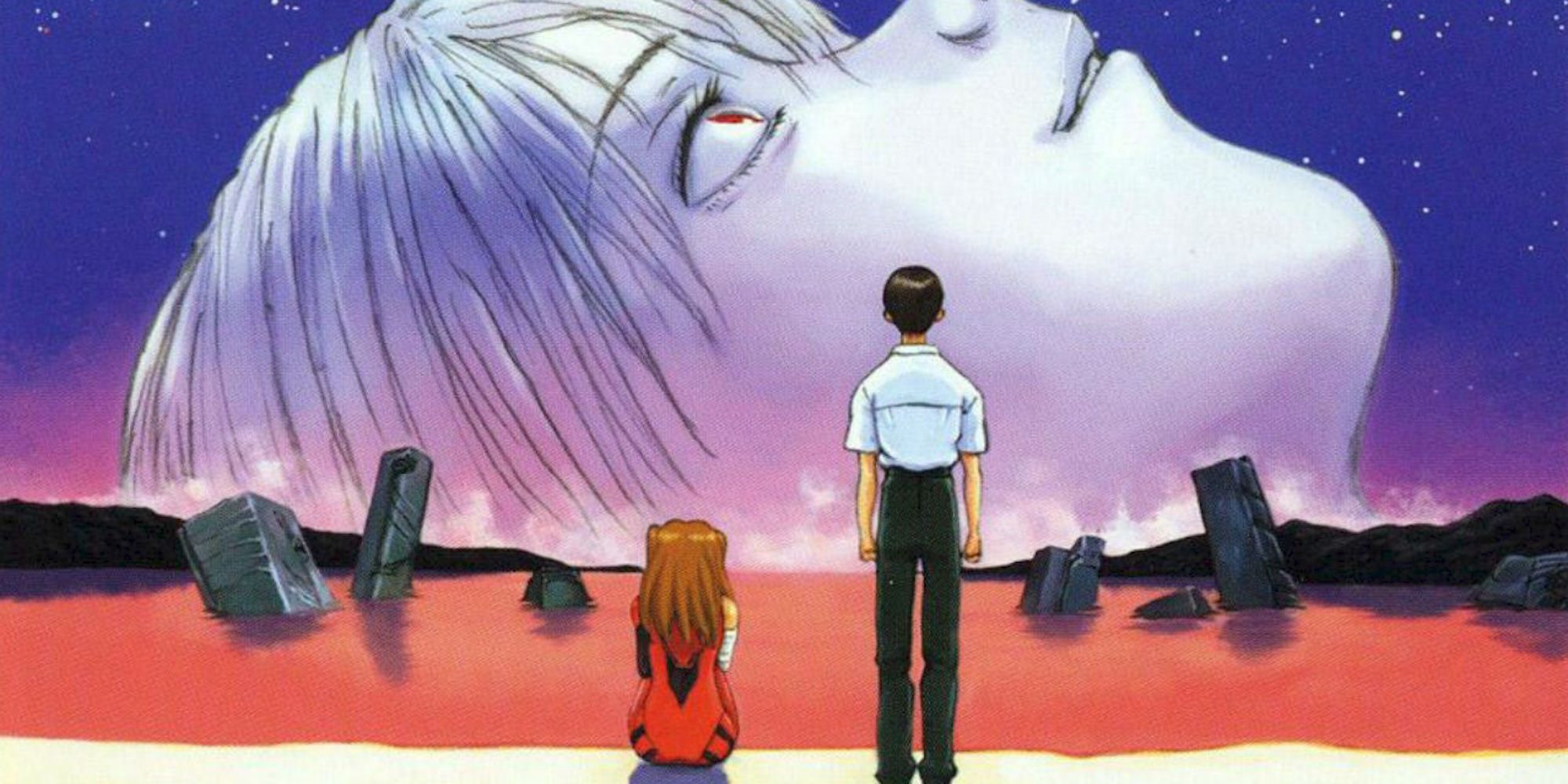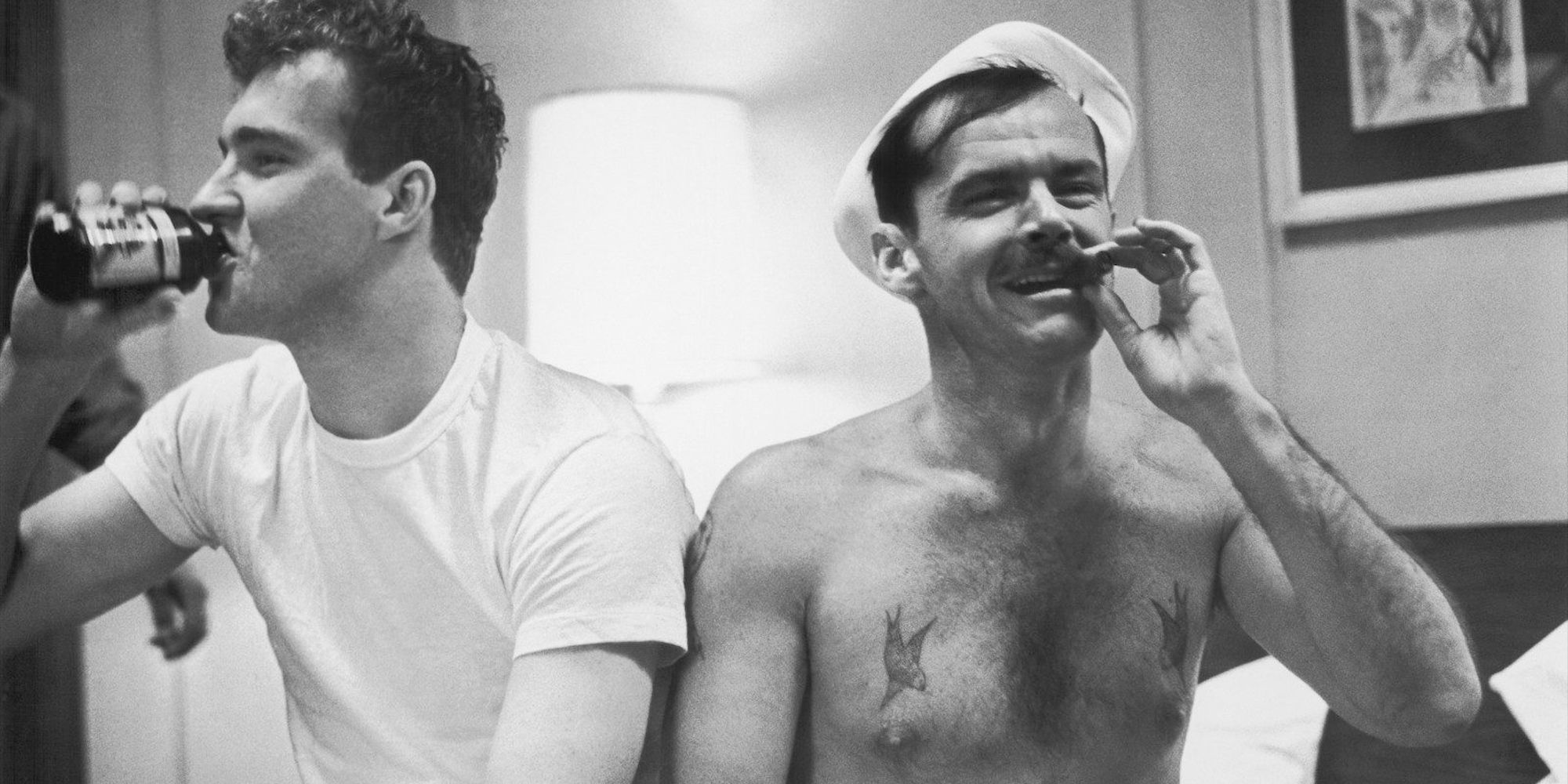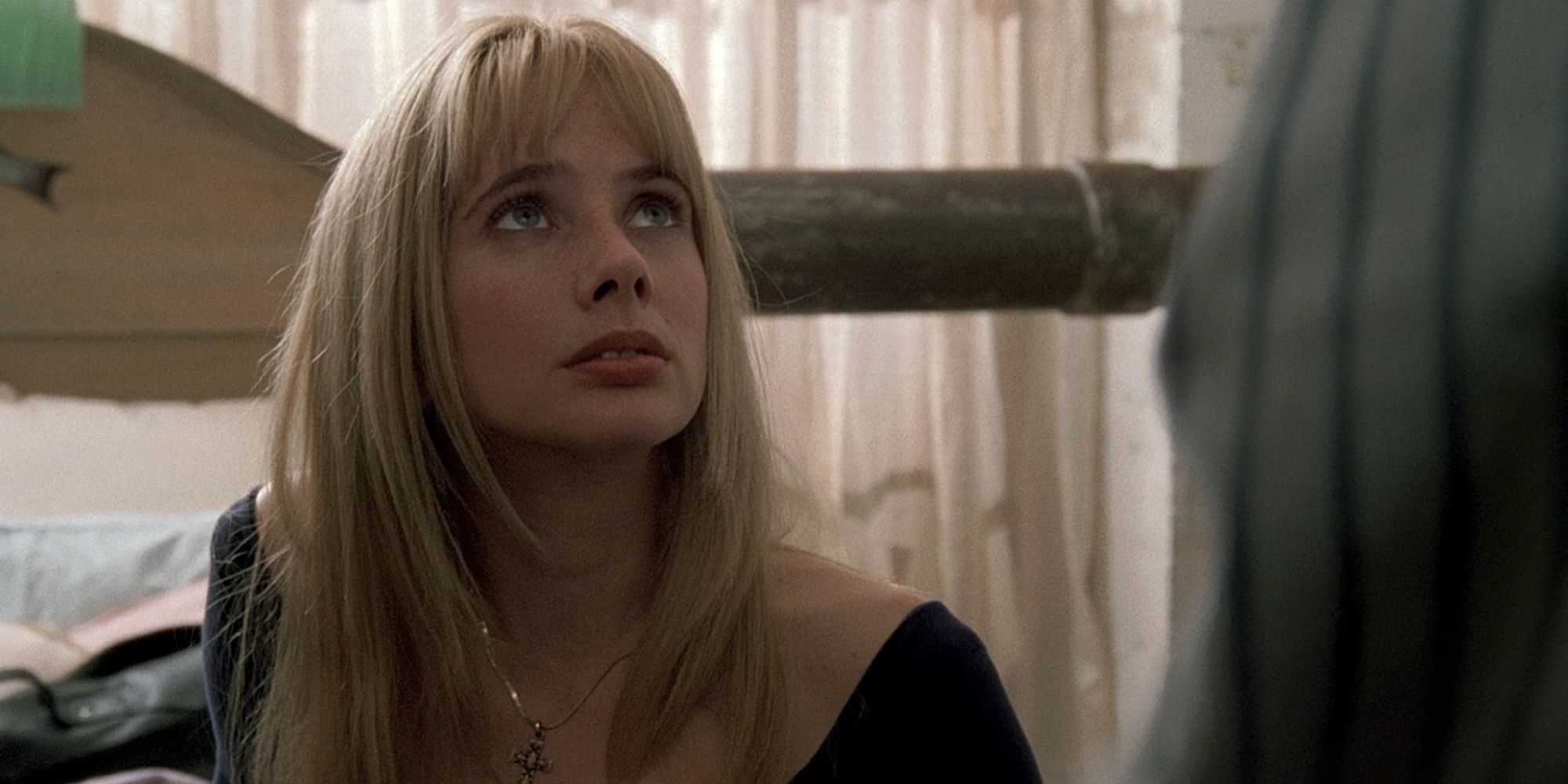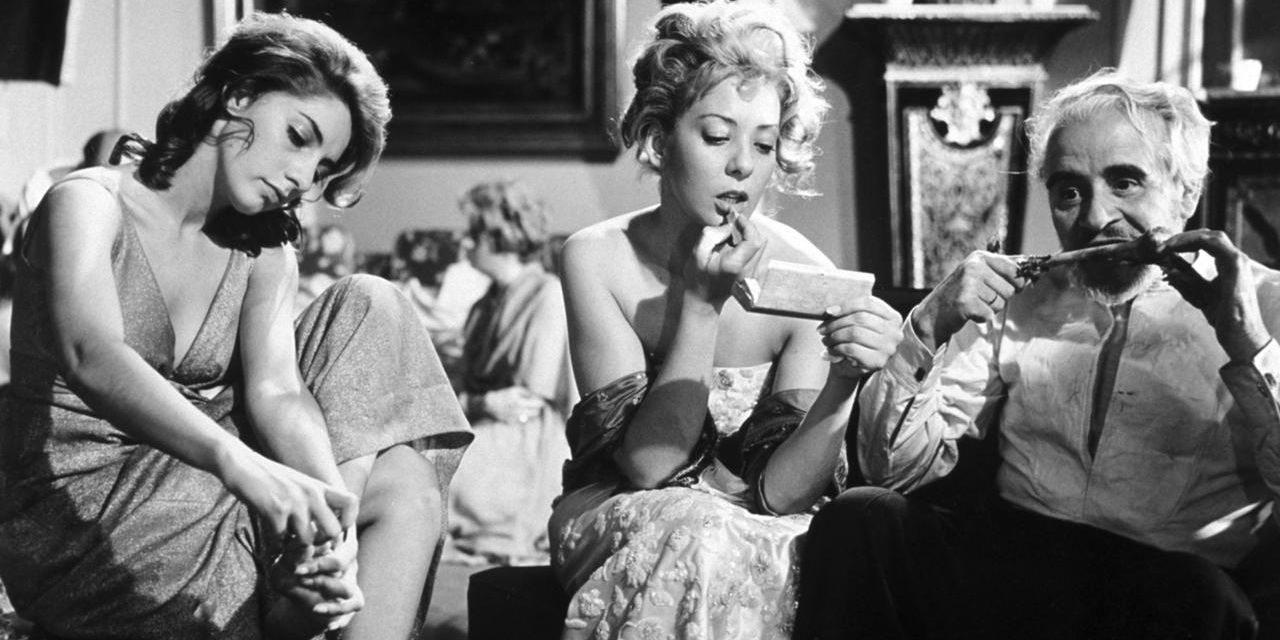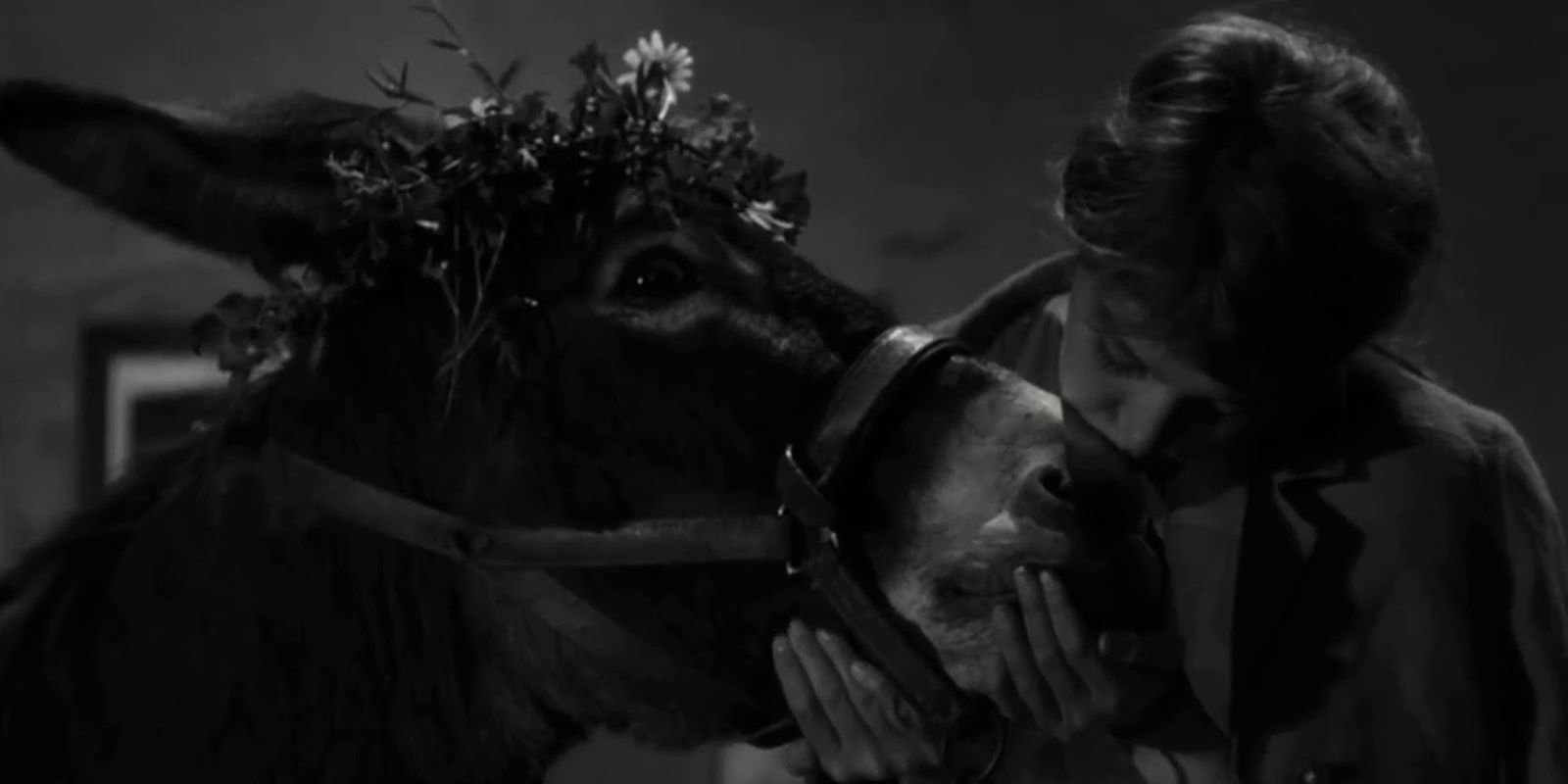Read update
- With his striking visual flair, penchant for quirky characters, unique comedic tastes, and his talent for telling emotional stories, Wes Anderson has become one of the most respected auteurs in modern cinema. With Asteroid City set to hit cinemas on the 22nd of June, now is as good a time as any to explore some of the writer-director’s inspirations and review some of his favorite underrated gems.
Wes Anderson is Hollywood's preeminent auteur of pastel-colored delights. He has a style all his own: carefully curated color palettes, quirky characters, surreal sets, but his movies also pack emotional depth. There's usually a melancholy beneath the humor.
Over the years, Anderson has shared a few of his favorite films, both old and new. Like Anderson's own work, many of his picks boast engaging visuals and intimate storytelling. Fans of off-kilter premises and oddball characters are sure to find something to enjoy among these recommendations.
Updated on June 13, 2023, by Ryan Heffernan:
With his striking visual flair, penchant for quirky characters, unique comedic tastes, and his talent for telling emotional stories, Wes Anderson has become one of the most respected auteurs in modern cinema. With Asteroid City set to hit cinemas on the 22nd of June, now is as good a time as any to explore some of the writer-director’s inspirations and review some of his favorite underrated gems.
10 'Moonstruck' (1987)
“I’ve always loved this script,” Anderson said of Norman Jewison's rom-com Moonstruck. "It’s a very well-done Hollywood take on New York." The film follows eight New Yorkers one fateful night as they attempt to navigate various romantic entanglements.
Cher is electric as female lead Loretta. She actually won the Best Actress Oscar for the role. But Nicolas Cage also puts in a criminally underrated performance. Midway through, he delivers a great monologue on love and loss. "We are here to ruin ourselves and to break our hearts and love the wrong people and die," he says. "Now I want you to come upstairs with me and get in my bed!"
9 'Missing' (1982)
Missing is based on the true story of Charles Horman, an American journalist in Chile who disappeared after the US-backed coup in 1973. The coup deposed the socialist government of Salvador Allende and installed General Augusto Pinochet as head of state. Horman's wife Beth (Sissy Spacek) and father (Jack Lemmon) try to find him, but they are frustrated at every turn.
Missing is an indictment of bureaucracy and uncaring government officials. It won the 1982 Palme d'Or, but has not reached a wide audience in the last few decades. It's worth it for the moving performances from Spacek and Lemmon, as well as the score composed by Vangelis, who passed away last year.
8 'Charulata' (1964)
The Lonely Wife is a 1964 drama from Indian filmmaker Satyajit Ray, who Anderson calls a major influence. "His films have inspired all my [...] movies in different ways," Anderson has said. Set in late 19th century India under British rule, The Lonely Wife revolves around husband and wife Bhupati (Shailen Mukherjee) and Charu (Madhabi Mukherjee).
Bhupati invites his cousin Amal (Soumitra Chatterjee) to stay, and Amal and Charu strike up a friendship. But things soon become complicated when Charu develops feelings for Amal. The Lonely Wife is a moving story of a near-romance. Its final scene, in particular, is expertly crafted and sure to remain with the viewer long after the credits have rolled.
7 'Porco Rosso' (1992)
Porco Rosso is one of the lesser-known films by Japanese animation icon Hayao Miyazaki. However, Anderson cited it as a major influence on his stop-motion animated movie Isle of Dogs while detailing his own experiences and deep dives into Japanese animation in an interview with Far Out Magazine.
Porco Rosso (Italian for 'red pig') is a whimsical tale about an Italian World War I fighter pilot (Shuichiro Moriyama) turned bounty hunter who captures flying pirates. As if this wasn't surreal enough, the pilot also suffers a terrible curse that transforms him into a pig. In other words, it's certain to delight fans of Studio Ghibli.
6 'An Angel At My Table' (1990)
This drama film based on a true story chronicles the life of successful author Janet Frame. Three different actors play Janet at different points in her life, from her working-class upbringing in prewar New Zealand through her years in a mental health facility and on to her success as a writer.
An Angel At My Table is an understated but affecting film delicately handled by Jane Campion. In a letter to Criterion, Anderson expressed his love for the film by simply stating "How many times will I rewatch An Angel at My Table?"
5 'Neon Genesis Evangelion' (1995)
Neon Genesis Evangelion is actually a 24-episode anime series, but Anderson listed it among his favorite films. It's an anime in the mecha genre, revolving around giant robots that battle cosmic entities.
The series has been described as a self-aware take on the genre, and with richly drawn characters and impressive visuals, it's one of the best anime films fans can watch today. It also brings in religious themes and imagery from Shinto, Judaism, and Christianity. Neon Genesis Evangelion has been highly influential, both in anime and in Western animation. Shows like Rick and Morty and Steven Universe include overt references to the series.
4 'The Last Detail' (1973)
Naval officers "Badass" Buddusky (Jack Nicholson) and "Mule" Mulhall (Otis Young) are charged with escorting 18-year-old Larry Meadows (Randy Quaid) from Virginia to a prison in Maine. Meadows faces 18 years in the brig for stealing $40. Along the way, Buddusky and Mulhall begin to develop some fondness for Meadows and decide to show him a good time before he's locked up.
The Last Detail is an emotional and realistic drama. According to the IndieWire article, Anderson "was struck by its stark sadness, and by the desperation of its characters to snap out of the monotony and repression of their gloomy lives." The film is also an implicit commentary on the Vietnam War, though it never throws this in the audience's face. It was the inspiration behind Richard Linklater's 2017 film Last Flag Flying, starring Steve Carell, which also explores issues around war and patriotism. The Last Detail is worth watching just for Nicholson's excellent performance, but some viewers will also appreciate its mature handling of tough subject.
3 'New York Stories' (1989)
New York Stories is a remarkable anthology movie featuring three short films directed by Martin Scorsese, Woody Allen, and Francis Ford Coppola respectively. Anderson has praised Scorsese's section in particular.
The Scorsese short follows painter Dobie, played by Nolte, who lives with his girlfriend (Rosanna Arquette). They are both lonely in their own ways. The nameless woman only values Dobie for his power and success, while Dobie is so insecure and craving of worship that he can't seem to get close to anyone. Like a lot of Anderson's movies, it's about damaged people trying and failing to find connection.
2 'The Exterminating Angel' (1962)
An amalgamation of genres weaved into a provocative and enticing story, The Exterminating Angel boasts an oddball sense of fun that would appeal to many fans of Anderson’s comedy. The Mexican film centers on the wealthy attendees of an upper-class dinner party who find themselves mysteriously unable to leave the premises, resulting in an outpouring of panic.
Offering commentary on social etiquette in unique fashion, the film exhibits inspirations of social satire, drama, comedy, and even horror. On the filmmaker Luis Buñuel, Anderson had to say “He is my hero. Mike Nichols in the newspaper said he thinks of Buñuel every day, which I believe I do too, or at least every other.”
Watch on The Criterion Channel
1 'Au Hasard Balthazar' (1966)
A French tragedy, Au Hasard Balthazar centers on the life journey of a donkey and the people he encounters. It uses the animal’s experiences as a framing device to cast a lens on humanity, both the vile cruelty it so often exhibits, but the glimpses of beauty and love as well, resulting in a compelling and heartbreaking watch.
Speaking about the film with the Criterion Collection, Anderson praised the emotional experience the film – and the donkey – gave him, saying “he takes a beating and presses on, and your heart goes out to him.” Anderson also said he was a fan of director Robert Bresson’s accompanying film Mouchette which was released in 1967.
Watch on The Criterion Channel

